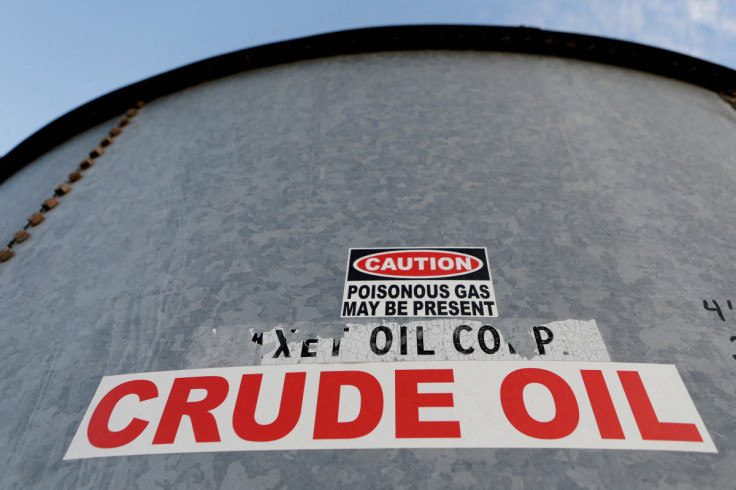Oil slips amid chance of Iran nuclear deal supply boost
Oil dropped over $1 a barrel on Tuesday, approaching a multi-month low hit last week.

Oil dropped over $1 a barrel on Tuesday, approaching a multi-month low hit last week, pressured by the latest progress in talks to revive the 2015 Iran nuclear accord, which would eventually allow Tehran to boost exports in a tight market.
The European Union on Monday put forward a "final" text to revive the deal. A senior EU official said a final decision on the proposal, which needs U.S. and Iranian approval, was expected within "very, very few weeks".
Brent crude 1fell $1.34, or 1.4%, to $95.31 a barrel at 0815 GMT. U.S. West Texas Intermediate (WTI) crude dropped $1.25, or 1.4%, to $89.51.
"I'm not sure traders are particularly hopeful considering how long it's taken to get to this point and with there still reportedly being points of contention," said Craig Erlam of brokerage OANDA.
Talks have dragged on for months without a deal. Still, Iran's crude exports, according to tanker trackers, are at least 1 million barrels per day below their rate in 2018 when then U.S. President Donald Trump exited the nuclear agreement, so an agreement could allow a sizeable boost in supply.
Oil soared earlier in the year as Russia's invasion of Ukraine added to supply concerns, with Brent hitting $139 in March, close to its all-time high, in March. Concern of economic slowdown have since weighed.
Brent fell as low as $92.78 on Friday, its lowest since February, as the Bank of England's warning on Thursday of a drawn-out downturn intensified fears of slowing fuel use.
In another bearish sign, China's crude oil imports in July fell 9.5% from a year earlier, customs data showed. China is the world's largest crude importer.
Coming into view is the latest round of weekly U.S. oil supply reports, firstly from the American Petroleum Institute at 2030 GMT. Analysts expect a small 400,000-barrel drop in crude inventories. [EIA/S]
Copyright Thomson Reuters. All rights reserved.





















